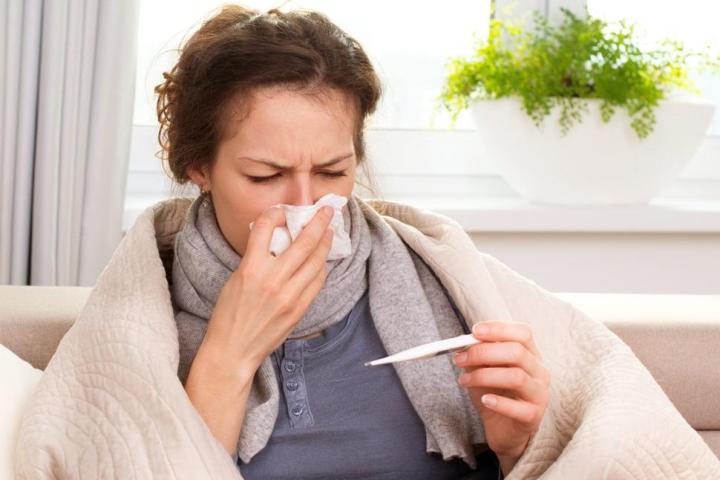
While it won’t help you foresee developments in your love life or the likelihood of a big raise, ColdSense may be able to see the future in terms of your health. It’s the first iPhone app meant to help you evaluate your chances of catching the common cold. Taking advantage of our addictions to our smartphones, cold and allergy relief company Zicam has come out with a new app that tracks both your lifestyle and your surrounding environment to determine whether your colleague’s incessant sneezing just may keep you bedridden next week.

“We live in an age when nearly everyone has a smartphone with them 24/7,” said M’lou Walker, CEO of Zicam. “And because we take them everywhere, our smartphones can help alert us to our likelihood of exposure to the common cold. The result is ColdSense, na app that leverages smartphone data to help do just that.”
By tapping into your smartphone’s ability to actively listen for coughs, sneezes, and other symptoms of a cold, ColdSense begins to evaluate your risk of exposure. It then uses other indicators like your location, travel plans, calendar activities, sleep and health data, and external information from weather and sickness forecasting, mapping platforms, and social statistics — don’t worry, you’ll have to give ColdSense permission to access any and all of this data — to put together a comprehensive risk profile for you and your health.

“No one has time to put up with a cold for longer than necessary,” said Lori Norian, vice president of marketing for Zicam. “ColdSense uses the latest in smartphone technology to provide an engaging and playful way to detect potential risk factors throughout cold season.”
Of course, you shouldn’t depend fully on an app for all your medical device, so just because ColdSense tells you that you might get sick, don’t take that as your doctor’s note. All the same, it can be a useful tool in creating a holistic picture of your environment and its effects on your well-being.
Editors' Recommendations
- A new Google Pixel Tablet is coming, but it’s not what you think
- Have a Google Pixel phone? You’re about to get these new features
- Google is paying a $700 million fine, and you’re getting some of it
- I’ve been using Android 14 for months. Here’s why you’re going to love it
- Sorry, but you’re all wrong — any Pixel 7 is a great buy


